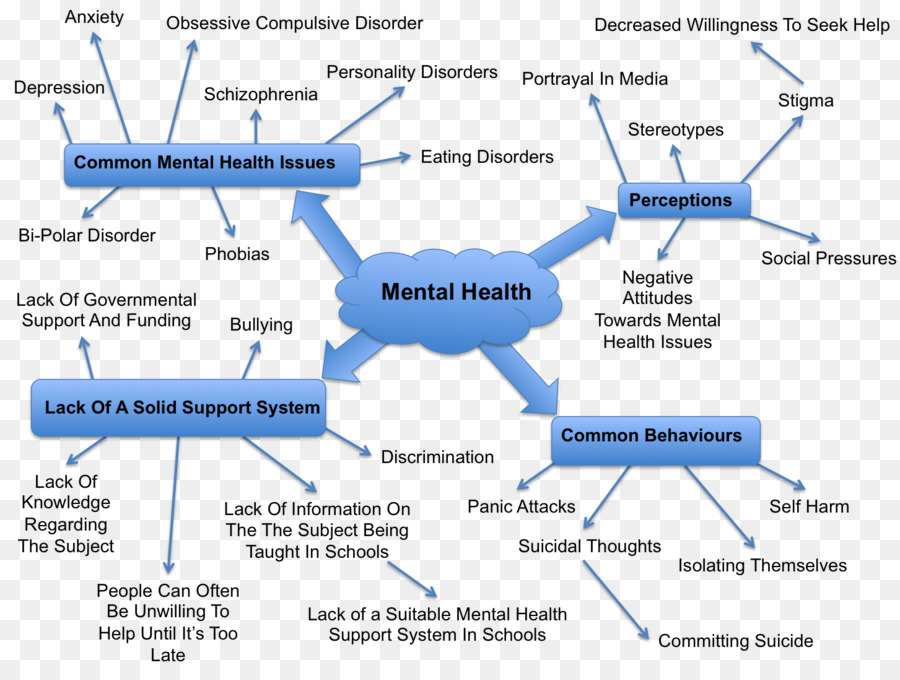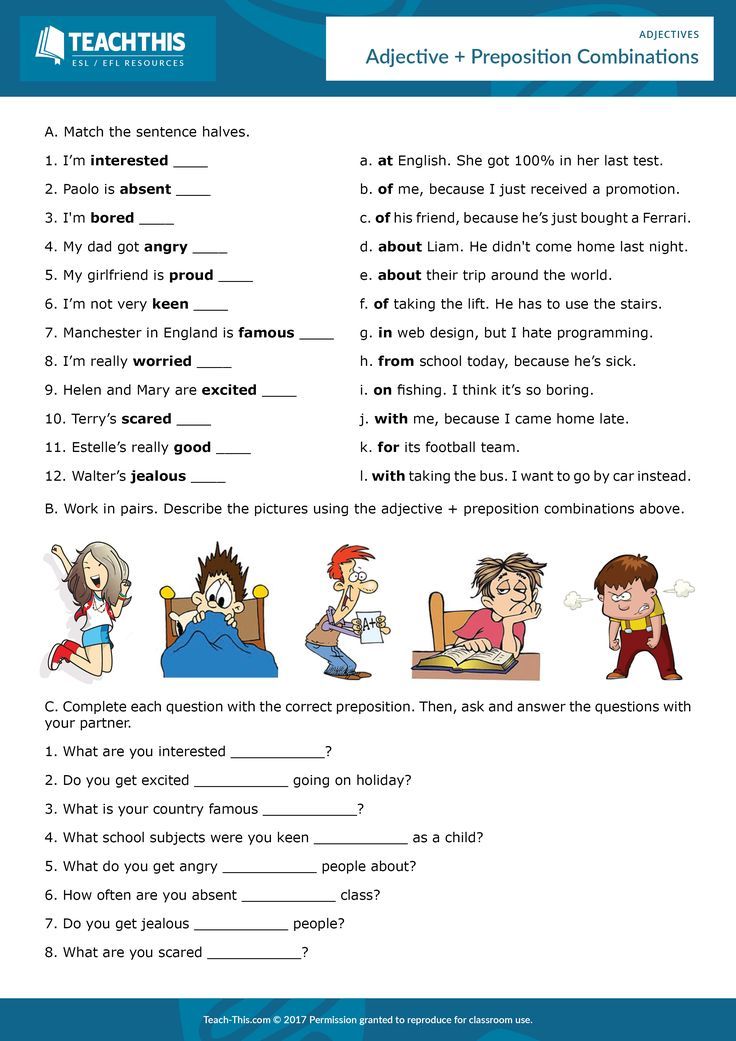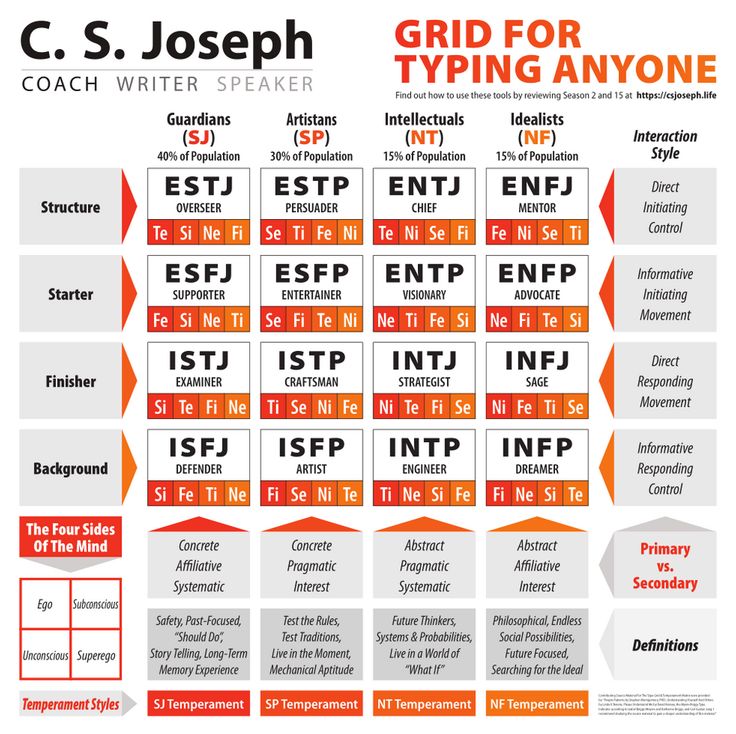Help with suicidal thoughts
How to cope with suicidal thoughts
How can I help myself now?
When you’re feeling suicidal, it can feel overwhelming. It may feel like you have no other option than to act on these feelings. That there’s nothing that will make the thoughts or feelings go away. Or that it’s the only way the pain will stop.
Your feelings of pain are very real. But it’s important to know they can pass.
There are things you can do in this moment. It may feel like nothing will help. But there are things that you can do and you may feel differently after you’ve tried them. See below for more information.
You can try to get through this moment or this day rather than focusing too much on the future.
You may have felt like this before, and it may have passed. Try to remember that this feeling is temporary and it’s likely to pass.
You can try to change your immediate thoughts by doing something or thinking of something different. It doesn’t have to be a big change or take a lot of effort.
Have a look at the following ideas. You may find one or 2 things that help.
Don’t make a decision today
You don’t need to act on your thoughts right now.
You can try to focus on just getting through now, or today, and not the rest of your life.
You may have had these thoughts before, but you feel less able to cope today. You might find that you are more able to cope in a few days.
Get professional support
See further down this page for more information.
Talk to other people
It could be helpful for you to talk to someone about how you’re feeling. There are different people who can help. You could speak to friends, family or your GP.
Remember to be patient. Your friends and family may want to help but might not know how to straight away. If this happens, you should tell them what you want from them. You may want to talk about how you’re feeling, or you may want them to help you get professional help.
If you don’t want to talk to people you know, you could call an emotional support line.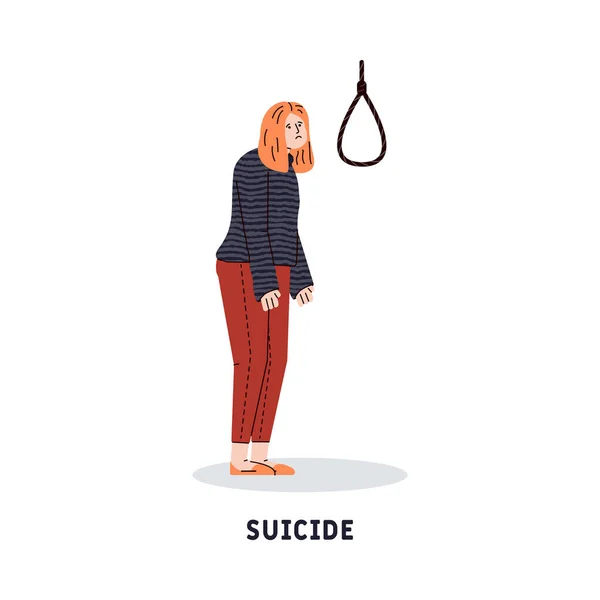 You can also use an emotional support app or use an online support group.
You can also use an emotional support app or use an online support group.
You can find details or emotional support lines and apps in the Useful contacts section at the bottom of this page.
Look at your crisis plan
You can follow your crisis plan if you have one. You may have made a crisis plan with the help of a health professional or made your own.
If you don’t have a crisis plan you can make one. You can start to think of some things which you will find helpful.
The last section before the contacts list will provide more information about how to make a crisis plan.
Look in your crisis box or hope book
A crisis box or a hope book is personal to you and can be filled with items that make you feel happier about life.
If you don’t have a crisis box, you can make one. The last section before the contacts list gives more information about how to make a crisis box.
Be around other people
You may find it too difficult to speak to anyone at the moment. That’s ok. Being around people can help to keep you safe, even if they don’t know how you’re feeling.
That’s ok. Being around people can help to keep you safe, even if they don’t know how you’re feeling.
You could meet friends or family, go to a shopping centre, gym, coffee shop or park. Being around people can help to keep you safe, even if they don’t know how you’re feeling.
Be aware of your triggers
Triggers are things which might make you feel worse. Triggers are different for different people. You may find that certain music, photos or films make you feel worse. Try to stay away from these.
You could create a Wellness Action Plan to help you to be more self-aware. It can help you to identify triggers in your life which can make you unwell. It may help you to write down your triggers.
If you can understand what your triggers are, it can help you to be more in control of your feelings or stress levels.
You can share your Wellness Action Plan with your family or friends if you want to. Sometimes it is helpful to share your plan because it can help them to understand you more.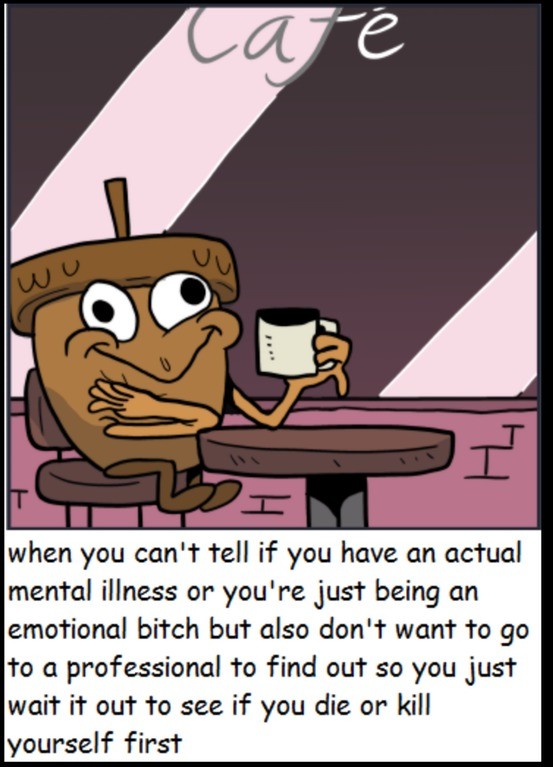
You can read more about wellness action plans here: www.mentalhealth-uk.org/blog/wellbeing-workplan.
You can see an example of a wellness action plan here: www.mhukcdn.s3.eu-west-2.amazonaws.com/wp-content/uploads/2021/04/26122110/MHUK-My-Wellbeing-plan.pdf.
Take care with drugs and alcohol
Alcohol affects the parts of your brain that controls judgement, concentration, behaviour and emotions. If you’re feeling low, drinking alcohol might bring on suicidal thoughts or make them worse.
Drugs affect the way you think and feel.
Different drugs have different effects. For example, cocaine can make you feel happy and more likely to take risks when you take it. But you may feel depressed after the effects stop.
Other drugs can cause hallucinations, confusion, and paranoia.
You may be more likely to take your own life if you take illegal drugs.
Go to a safe place
You can go to a place where you feel safe. Below is a list of places you could try.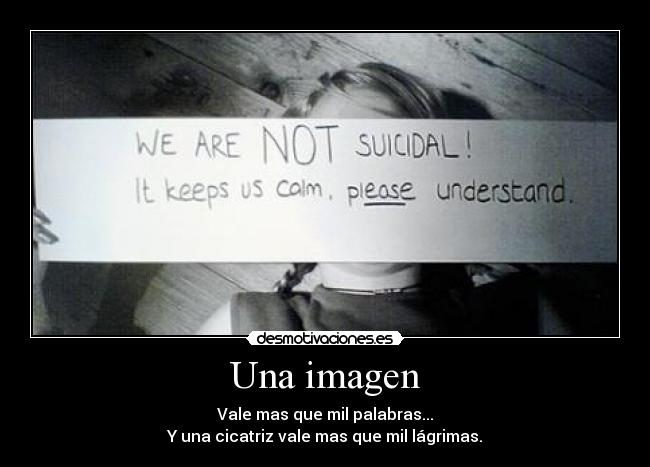
- Your bedroom
- Friend or family member’s house
- Mental health centre
- Crisis centre
- Religious or spiritual centre
- Library
- Peer support group
Stay away from things you could use to harm yourself, such as razor blades or pills.
If you have a lot of medication, you can ask someone to keep it safe for you.
Ground yourself
When you are feeling suicidal, it can be helpful to do some exercises to calm your nervous system. Especially if you are feeling panicked, worried, or overwhelmed by your thoughts and feelings.
You can do some grounding exercises that use all your senses. This can help you to ‘be in the moment’ and to not focus too much on your thoughts.
Try a grounding exercise
Vision. Focus your attention on something beautiful or comforting. Like a meaningful photograph, piece of art, or a nice view.
Hearing. Listen to a favourite song, sit in nature and listen to the sounds, or sing.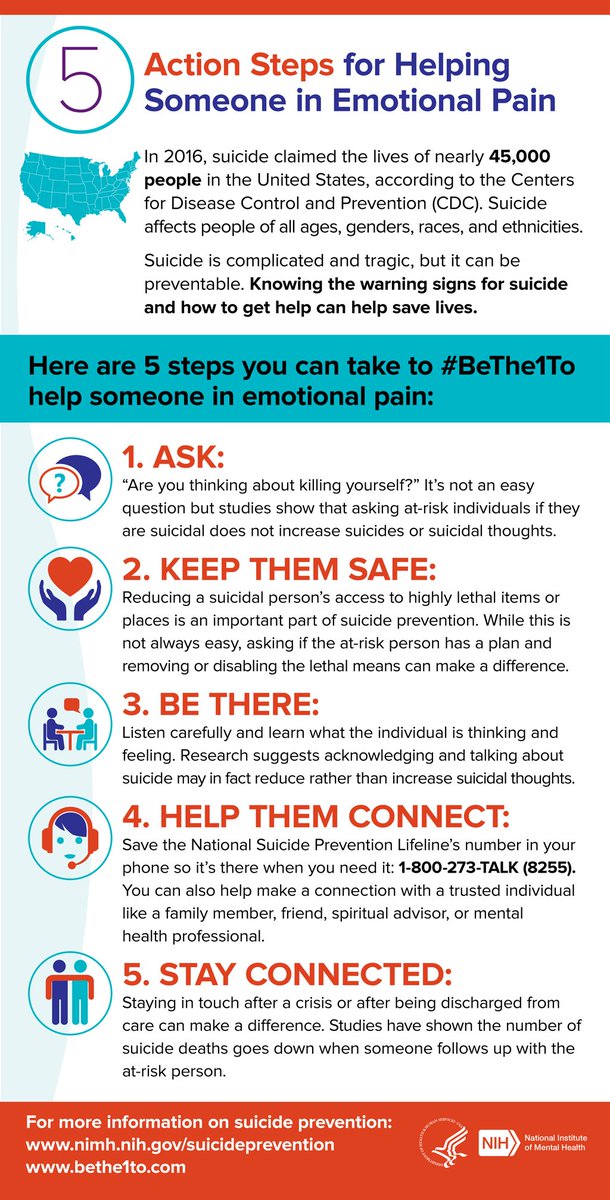
Smell. Notice smells around you or find something you like the smell of. Like some soap, a type of food, or an essential oil.
Taste. Find something to taste and do it slowly and mindfully. Savour each moment. Notice the flavours, how it feels on your tongue, and what thoughts you have about it.
Touch. Stroke or feel something comforting. Get in a dressing gown or comfy blanket. Stroke a pet. Suck on some ice. Notice how the different sensations feels in your body.
Try another grounding exercise
Say out loud or think of:
- 5 things you can see,
- 4 things you can hear,
- 3 things you can touch,
- 2 things you can smell, and
- 1 thing you can taste.
Distract yourself
You might feel it is impossible not to focus on your suicidal thoughts or why you feel that way. If you focus on your thoughts, it might make them feel stronger and harder to cope with. So, you can try doing things that distract you. Think about what you enjoy doing.
So, you can try doing things that distract you. Think about what you enjoy doing.
Below are some things you could do as a distraction.
- Read a book or magazine.
- Watch a film or TV.
- Go to a museum.
- Draw or paint.
- Listen to music.
- Do some gardening.
- Exercise. Walk, run, swim, or whatever you enjoy.
- Play video games or other games or puzzles you enjoy.
- Singing or playing a musical instrument.
- Spend time with your pet.
- Set small goals to focus on. You could do the laundry, make a cake, or tidy or organise something.
You can find some more ideas of distraction techniques here:
www.papyrus-uk.org/wp-content/uploads/2018/10/Distraction-Techniques.pdf
Try to reframe your thinking
You can make a list of all the positive things about yourself and your life. It might be hard to think of these things right now, but it might help.
Think about your strengths and positive things other people have said about you. Regularly write down one thing you felt good about, something good you did, or something good someone did for you.
Regularly write down one thing you felt good about, something good you did, or something good someone did for you.
Try a reframing exercise
You may not feel like focusing on the positive. But it might help you to reframe your thinking. You could try one of the following exercises.
What went well. Write down 3 things that went well so far today. You might feel like nothing went well. But if you think you can always find things, however small. It might be as simple as ‘I got out of bed’, ‘I made breakfast’ or ‘I told someone I was not okay’.
Write down things you’re grateful for. Write down 3 things that you are grateful for in your life. For example, running water, a close friend, and a comfy bed. You could also write a letter of thanks to a loved one, saying how grateful you are. You can focus on the positive things they give you or others.
Reframe the negative. You may have a negative situation or experience you’re thinking about. You can write this down then think of 2 positives that have come from it. The negative thing might be ‘I’m feeling suicidal’. The 2 positive things might be:
You can write this down then think of 2 positives that have come from it. The negative thing might be ‘I’m feeling suicidal’. The 2 positive things might be:
- ‘I know I have people I can reach out to’, and
- ‘I’ve connected with others who have survived, so I know it’s possible.’
You can find more examples of positivity exercises at the link below, which some people find useful:
www.positivepsychology.com/positive-psychology-interventions
Problem solving
It can be helpful to think differently about your problems.
You can write down a problem you have and the things that might help to ease or solve that problem. You can ask someone to help if this feels too difficult.
This might help you to reframe the problems into manageable challenges. You could start with the small challenge and work your way up.
Exercise
Exercise can have a good effect on your mood and thinking. Exercise is thought to release dopamine and serotonin. These are ‘feel good’ hormones.
These are ‘feel good’ hormones.
You can find out more about ‘Physical activity and mental health’ here:
www.rethink.org/advice-and-information/living-with-mental-illness/wellbeing-physical-health/physical-activity-and-mental-health
Mindfulness
Mindfulness is a type of meditation. It is when you focus on your mind and body. It is a way of paying attention to the present moment. When you practice mindfulness, you learn to be more aware of your thoughts and feelings. Once you are more aware of your thoughts and feelings, you can learn to deal with them better.
There is more information about getting started with mindfulness of the mindful.org website:
www.mindful.org/meditation/mindfulness-getting-started
Mindfulness usually benefits wellbeing. But if it’s not working for you, or is causing you difficulty, stop using it. You can try other relaxation technique or contact your GP for advice.
Breathing exercises
Breathing exercises can help make you feel calmer and reduce stress.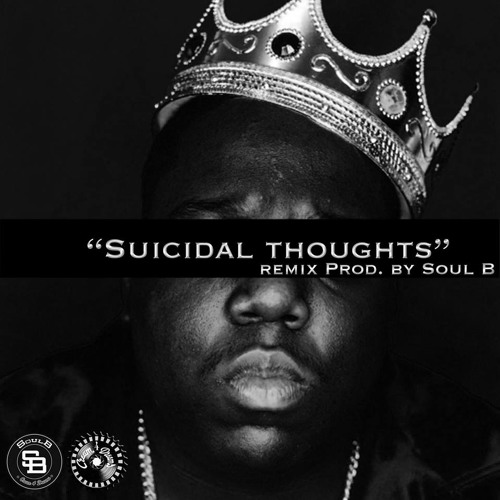 Below are some exercises you can try.
Below are some exercises you can try.
Breathing exercises usually benefit wellbeing. But if they aren’t working for you, or are causing you difficulty, stop using them. You can try other relaxation technique or contact your GP for advice.
Slow breathing
- Sit or lie in a comfortable position.
- Keep your back straight and your shoulders back.
- Close your eyes and focus on your breathing.
- Think about how your breathing feels in your body.
- Can you feel it coming in through your nostrils?
- Can you feel it going down your throat, into your lungs?
- Slow down your breathing as much as you can.
- You may find it useful to count as you inhale and exhale.
- See if you can expand your exhale, to make it longer than your inhale. Can you feel your chest expanding? What about your belly?
- If you start to have upsetting thoughts, try bringing your focus back to your breathing.
Box breathing
- Sit or lie in a comfortable position.
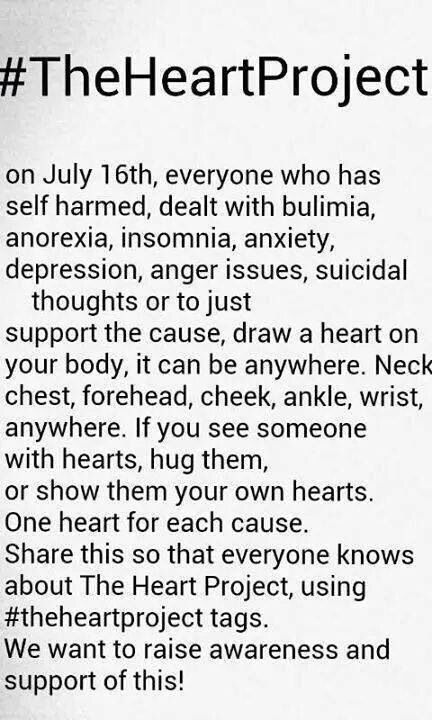
- Put on some relaxing music if you want.
- Take one deep breath in and out.
- Breathe in for 4 seconds.
- Hold your breath for 4 seconds.
- Breathe out for 6 seconds.
- Hold your breath for 2 seconds.
- Repeat this cycle for 5-10 minutes.
4-5-8 method
- Start by sitting up straight in a comfortable position or lying down.
- Slowly breathe in through your nose for 4 seconds. If you can’t breathe in through your nose, use your mouth.
- Hold your breath for 5 seconds.
- Breathe out slowly for 8 seconds.
- Repeat this cycle 10 times, or as many times as you want. While you do it try to concentrate on your breathing. You can alter the second counts to suit you.
You can find more information on breathing exercises here:
www.nhs.uk/mental-health/self-help/guides-tools-and-activities/breathing-exercises-for-stress
Think about the people you love and care about
You may be thinking thoughts such as the following.
- ‘The world would be a better place without me.’
- ‘My family would be better off without me.’
- ‘No one would care if I’m not here.’
- ‘I’m a burden.’
These thoughts are common but people who love you won’t agree with them. You are important and unique, and you matter.
It’s important to know that many people have felt the way you feel, and have overcome it. They have gone on to live happy and joyful lives. And have often spoken out about how glad they are they didn’t ending their lives.
Ending your life is very final. There are no second chances. If you’re reading this now, this is your sign to know you’re not alone and to tell someone you’re not okay. This may be a loved one, a healthcare professional or someone else.
Remind yourself of your coping strategies
All of these different things you can do are called coping strategies. You might want to have a list of them in your crisis plan, crisis box, or hope book. You might also want to think about your own coping strategies and make a list of them.
You can find ideas of other coping strategies here:
www.papyrus-uk.org/wp-content/uploads/2018/10/Coping-Strategies.pdf.
See our webpage on Complementary and alternative treatments for more information.
What to Do When You’re Feeling Hopeless or Suicidal
Skip to content
Sometimes we experience so much pain, loss, or numbness that we start to feel hopeless—like there is no way out of how we’re feeling. When we feel hopeless or overwhelmed, we may start to have thoughts of suicide. Suicidal thoughts are temporary, and with the right treatment and support you can begin to feel so much better—even hopeful. You’ve come to the right place to find out how.
If you or someone you know is experiencing suicidal thoughts:
- Text HOME to 741-741 for a free, confidential conversation with a trained counselor any time of day.
- Text or call 988 or use the chat function at 988lifeline.
 org.
org. - If this is a medical emergency or there is immediate danger of harm, call 911 and explain that you need support for a mental health crisis.
What Hopelessness Feels Like
- Thinking or saying that things will never improve. It may include thoughts such as:
- “This will never get better.”
- “No one can help me.”
- “I feel like giving up.”
- “It’s too late now.”
- Making negative experiences bigger. For example, if you fail a test at school and then think of yourself as a failure as opposed to focusing on the fact that you failed one test.
- Ignoring positive feelings or experiences. In the test example, maybe you’ve had a lot of success in the class, but you can’t tap into those feelings of accomplishment. Instead, the one bad test makes the whole experience feel bad.

- Imagining the worst-case scenario. Experts call this “catastrophizing,” and it means when something bad happens—let’s stick with the test example—you imagine the worst thing that could happen as a result: “I failed the test, so I am going to fail out of school.”
- Not being interested in activities or events that once brought you joy.
- Feeling isolated and alone, or pulling away from friends and family.
- Blaming yourself for how you feel or believing that somehow the challenges you are experiencing are your fault.
Find out more about hopelessness and how you can feel better.
What Suicidal Thoughts Feel Like
Suicidal thoughts can range from passing thoughts about death (such as wondering what it feels like to die or thinking, “What if I just went to sleep and didn’t wake up?”) to specific plans about suicide (such as thinking about how and when you might end your life). Passing thoughts of suicide can get worse if you don’t get support for them. If you are struggling with any of the below feelings or behaviors, it is time to reach out.
Passing thoughts of suicide can get worse if you don’t get support for them. If you are struggling with any of the below feelings or behaviors, it is time to reach out.
- Feeling disconnected from others or withdrawing from friends and family.
- Feeling trapped in an intolerable situation.
- Feeling like a burden to others or telling others they would be better off without you.
- Thinking, talking, or posting online about death or violence.
Learn more warning signs of suicide.
It’s Time to Take Action and Feel Better
Telling someone you are having thoughts about suicide is a brave act, and it can be difficult to do. Sharing your feelings is important, though, because it is the first step toward finding help. If you feel suicidal, you are likely feeling hopeless or helpless. Connecting with someone and sharing your feelings can help you feel supported and give you hope.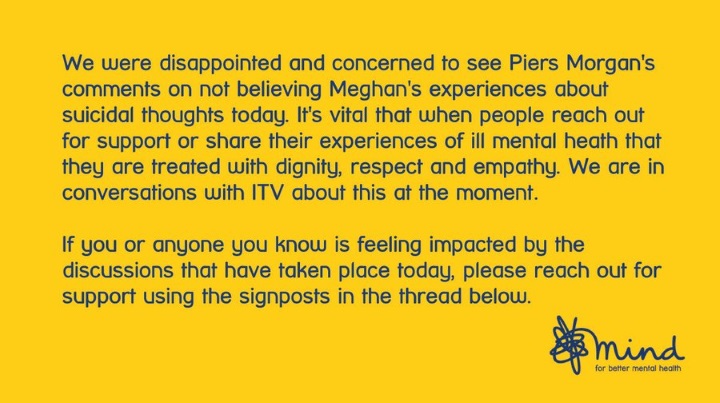 It can be a huge relief to share your feelings, because it means you no longer have to struggle alone.
It can be a huge relief to share your feelings, because it means you no longer have to struggle alone.
To hear from other young people who have been where you are now and found their way forward, check out It’s OK to Say Suicide.
Visit JED’s Suicide Resource Center to find out everything you need to know to get help or help someone else.
You’re Not Alone
Back to landing page
Search Resource Center
Type your search term below
Get Help Now
If you or someone you know needs to talk to someone right now, text HOME to 741-741 or call 1-800-273-TALK (8255) for a free confidential conversation with a trained counselor 24/7.
If you are experiencing a mental health crisis, text or call 988.
If this is a medical emergency or if there is immediate danger of harm, call 911 and explain that you need support for a mental health crisis.
Get help & support for suicide
If you’re in emotional distress or suicidal crisis, find help in your area with Find a helpline.
If you believe that someone else is in danger of suicide and you have their contact information, contact your local law enforcement for immediate help. You can also encourage the person to contact a suicide prevention hotline using the information above.
Learn more about personal crisis information with Google Search.
Google’s crisis information comes from high-quality websites, partnerships, medical professionals, and search results.
Important: Partnerships vary by country and region.
| Country | Hotline organization | Website | Phone number |
|---|---|---|---|
| Argentina | Centro de Asistencia al Suicida | www.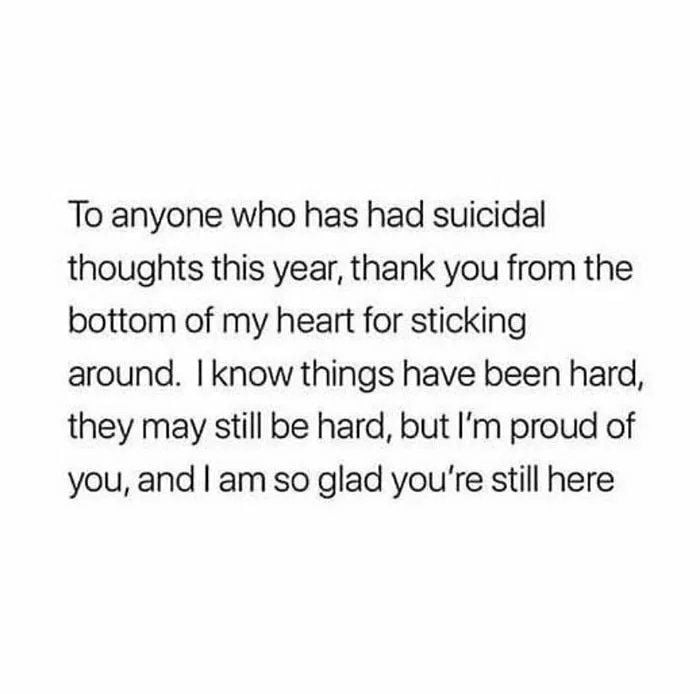 asistenciaalsuicida.org asistenciaalsuicida.org | (011) 5275-1135 |
| Australia | Lifeline Australia | www.lifeline.org | 13 11 14 |
| Austria | Telefon Seelsorge Osterreich | www.telefonseelsorge.at | 142 |
| Belgium | Center de Prevention du Suicide | www.preventionsuicide.be | 0800 32 123 |
| Belgium | CHS Helpline | www.chsbelgium.org | 02 648 40 14 |
| Belgium | Zelfmoord 1813 | www.zelfmoord1813.be | 1813 |
| Brazil | Centro de Valorização da Vida | www.cvv.org | 188 |
| Canada | Crisis Services Canada | crisisservicescanada. ca ca | 833-456-4566 |
| Chile | Ministry of Health of Chile | www.hospitaldigital.gob | 6003607777 |
| China | Beijing Suicide Research and Prevention Center | www.crisis.org | 800-810-1117 |
| Costa Rica | Colegio de Profesionales en Psicologia de Costa Rica | psicologiacr.com/aqui-estoy | 2272-3774 |
| France | SOS Amitié | www.sos-amitie.org | 09 72 39 40 50 |
| Germany | Telefon Seelsorge Deutschland | www.telefonseelsorge.de | 0800 1110111 |
| Hong Kong | Suicide Prevention Services | www.sps.org | 2382 0000 |
| India | iCall Helpline | icallhelpline. org org | 9152987821 |
| Ireland | Samaritans Ireland | www.samaritans.org/how-we-can-help | 116 123 |
| Israel | [Eran] ער"ן | www.eran.org | 1201 |
| Italy | Samaritans Onlus | www.samaritansonlus.org | 06 77208977 |
| Japan | Ministry of Education, Culture, Sports, Science and Technology | www.mext.go.jp | 81-0120-0-78310 |
| Japan | Ministry of Health, Labor and Welfare of Japan | www.mhlw.go | 0570-064-556 |
| Malaysia | Befrienders KL | www.befrienders.org | 03-76272929 |
| Netherlands | 113Online | www. 113.nl 113.nl | 0800-0113 |
| New Zealand | Lifeline Aotearoa Incorporated | www.lifeline.org | 0800 543 354 |
| Norway | Mental Helse | mentalhelse.no | 116 123 |
| Pakistan | Umang Pakistan | www.umang.com.pk/ | 0311-7786264 |
| Peru | Linea 113 Salud | www.gob.pe/555-recibir-informacion-y-orientacion-en-salud | 113 |
| Philippines | Department of Health - Republic of the Philippines | doh.gov.ph/NCMH-Crisis-Hotline | 0966-351-4518 |
| Portugal | SOS Voz Amiga | www.sosvozamiga.org | 213 544 545 963 524 660 912 802 669 |
| Russia | Fund to Support Children in Difficult Life Situations | www. ya-parent.ru ya-parent.ru | 8-800-2000-122 |
| Singapore | Samaritans of Singapore | www.sos.org | 1-767 |
| South Africa | South African Depression and Anxiety Group | www.sadag.org | 0800 567 567 |
| South Korea | Korea Suicide Prevention Center중앙자살예방센터 | www.spckorea.or | 1393 |
| Spain | Telefono de la Esperanza | www.telefonodelaesperanza.org | 717 003 717 |
| Switzerland | Die Dargebotene Hand | www.143.ch | 143 |
| Taiwan | 国际生命线台湾总会 [International Lifeline Taiwan Association] | www.life1995.org | 1995 |
| Ukraine | Lifeline Ukraine | lifelineukraine. com com | 7333 |
| United Kingdom | Samaritans | www.samaritans.org/how-we-can-help | 116 123 |
| United States | 988 Suicide & Crisis Lifeline | 988lifeline.org | 988 |
How can we improve it?
Gears
home
Parents
Helpline
Information about the unified all-Russian children's helpline
0444 8-800-2000-122 .
When calling this number in any locality of the Russian Federation from fixed or mobile phones, children in difficult life situations, adolescents and their parents, other citizens can receive emergency psychological assistance, which is provided by specialists of services already operating in the constituent entities of the Russian Federation that provide services for telephone counseling and connected to a single all-Russian number of children's helpline.
Confidentiality and free of charge are the two main principles of the children's helpline. This means that every child and parent can anonymously and free of charge receive psychological assistance and the secrecy of his call to the helpline is guaranteed.
Working hours of the children's helpline in the constituent entities of the Russian Federation
(as of October 1, 2013)
| Name of the subject of the Russian Federation 9Arkhangelsk region 09.00-22.00 | |||
| 22 | with Nenets Autonomous Okrug | daily 09.00-17.30 | |
| 23 | Vologda region | around the clock | |
| 24 | Kaliningrad region | daily0039 | around the clock |
| 35 | Chechen Republic 08.30-20.00 | ||
| Southern Federal District | |||
| 37 | Republic of Adygea | ||
| 38 | Kalmykia | Pon-Pen.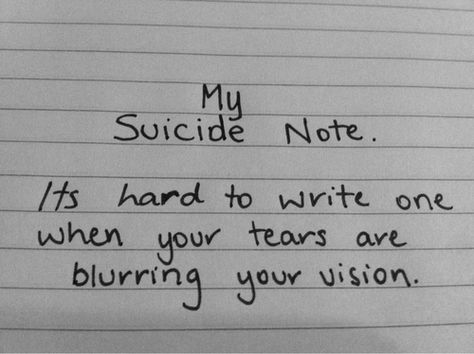 8.00-17.00 8.00-17.00 | |
| 3 | |||
| 80 | Magadan region | pon.p.-five. 10.00-22.00 | |
| 81 | Sakhalin Region | 2400||
| 83 | Chukotka AO | Mon-Fri 09.00-22.00, closed 16.00-22.00 | |
Infographics. The principle of operation of a single federal helpline number for children, adolescents and their parents
Information from the regions about the work of the children's helpline
12/28/2016
What to do when there is a problem, but there is no one to tell about it?
12/28/2016
Online psychologists are ready to save children from bullying
12/28/2016
What problems do residents of the Irkutsk region call the helpline
09.1 for children1.2016
Who will help?
09.